Gaza Plunges into Humanitarian Catastrophe: Red Cross Calls Situation 'Hell on Earth' as Supplies Run Dry
- by Tamar, Gaza, RNG247
- about 8 months ago
- 171 views
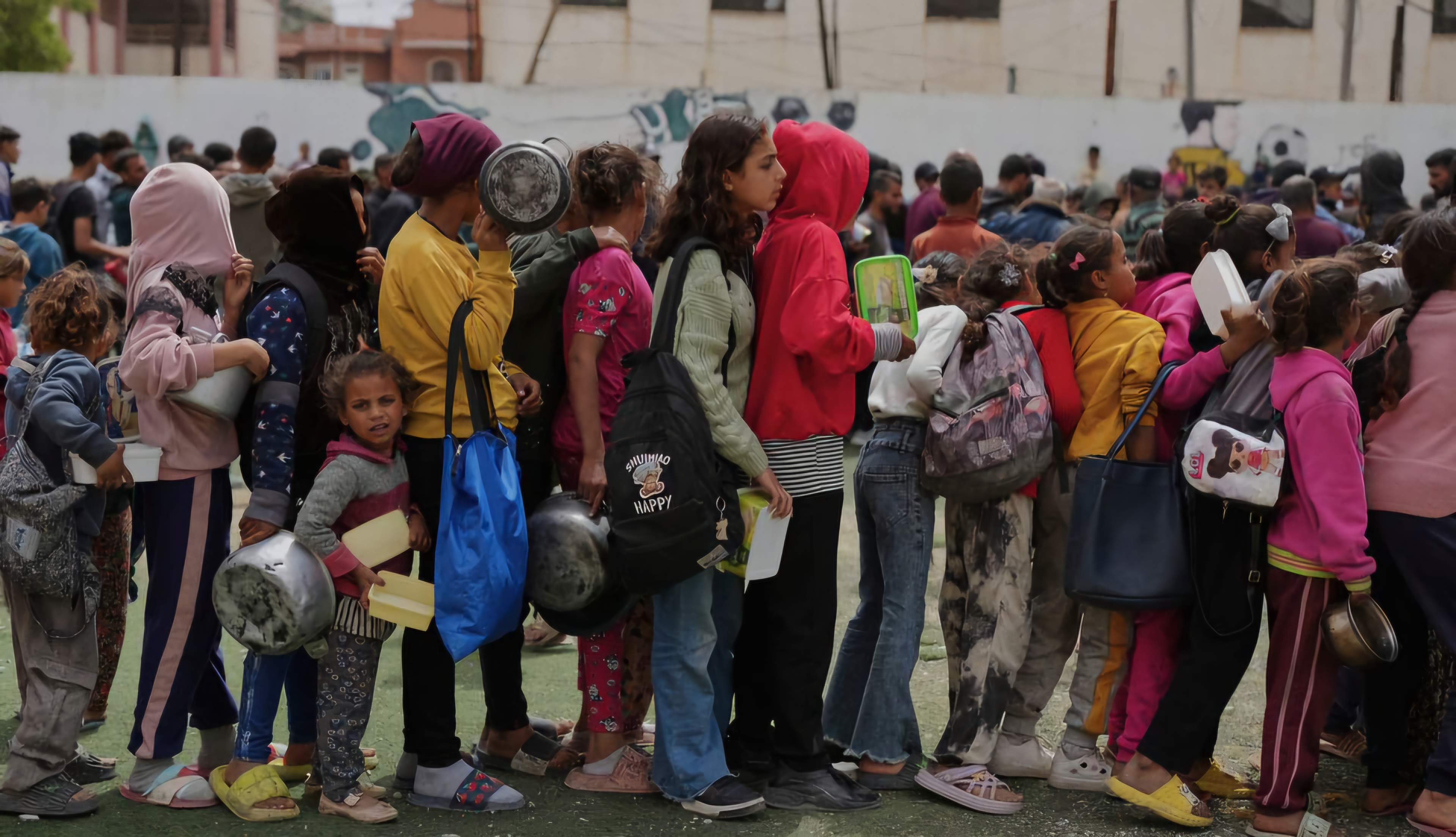
In a stark and urgent plea, the president of the Red Cross has labeled the humanitarian crisis in Gaza as “hell on earth,” warning that the organization’s field hospital is on the verge of running out of critical supplies within the next two weeks. Mirjana Spoljaric delivered this grim assessment during a press conference at the headquarters of the International Committee of the Red Cross in Geneva on Friday, highlighting the desperate conditions faced by countless individuals in the region.
Spoljaric described the scene on the ground, stating, “We are now finding ourselves in a situation that I have to describe as hell on earth. People lack access to basic necessities such as water, electricity, and food in many parts of Gaza.” The grim situation has escalated sharply since Israel imposed a blockade on humanitarian aid trucks on March 2, effectively halting the flow of essential supplies just as discussions for the next phase of an already fractured truce stagnated. Following a brief period of relative quiet, Israel resumed its military campaign on March 18.
Addressing the media, Spoljaric pointed out that despite claims from Israel's Ministry of Foreign Affairs stating that 25,000 aid trucks had entered Gaza during a previous ceasefire period, there has been no new humanitarian aid since early March. Israeli authorities allege that Hamas diverted aid intended for civilians to bolster its military capabilities, a charge strongly denied by the group itself.
“The situation is dire, and supplies are running critically low," Spoljaric warned. "For six weeks, nothing has come in, so we will, in a couple of weeks’ time, run out of supplies that we need to keep the hospital going.” The urgency of the crisis is further underscored by the World Health Organization’s reports indicating that vital stocks of antibiotics and blood bags are dwindling rapidly. Remarkably, only 22 out of 36 hospitals in Gaza are currently operational, with many functioning at minimal capacity, according to Dr. Rik Peeperkorn, who spoke via video link from Jerusalem.
Spoljaric also raised alarms about the growing dangers faced by humanitarian personnel in the region. “It is extremely dangerous for the population to move, but it’s especially dangerous for us to operate,” she said. This concern was tragically highlighted in March when 15 emergency and aid workers, including eight members of the Palestinian Red Crescent, were discovered in a mass grave in southern Gaza. Both the United Nations and the Red Crescent attributed their deaths to actions taken by Israeli forces.
In response to the outcry over the deaths of the aid workers, the Israeli military stated that an initial investigation suggested the incident occurred “due to a sense of threat,” claiming they had identified six Hamas militants in the area at the time.
Amidst this chaos, Spoljaric urged for an immediate ceasefire to facilitate the release of remaining hostages held by Hamas and to address the pressing humanitarian crises plaguing Gaza. The ongoing military operation was intensified following a violent incursion into Israel in October 2023, where Hamas militants were reported to have killed 1,200 people and taken approximately 250 hostages, according to official Israeli tallies.
As the Red Cross and other humanitarian organizations continue to face critical challenges on the ground, the need for international attention and intervention is more pressing than ever. The humanitarian fallout from the ongoing conflict underscores the urgent requirement for dialogue and a peaceful resolution to restore hope for the people of Gaza.



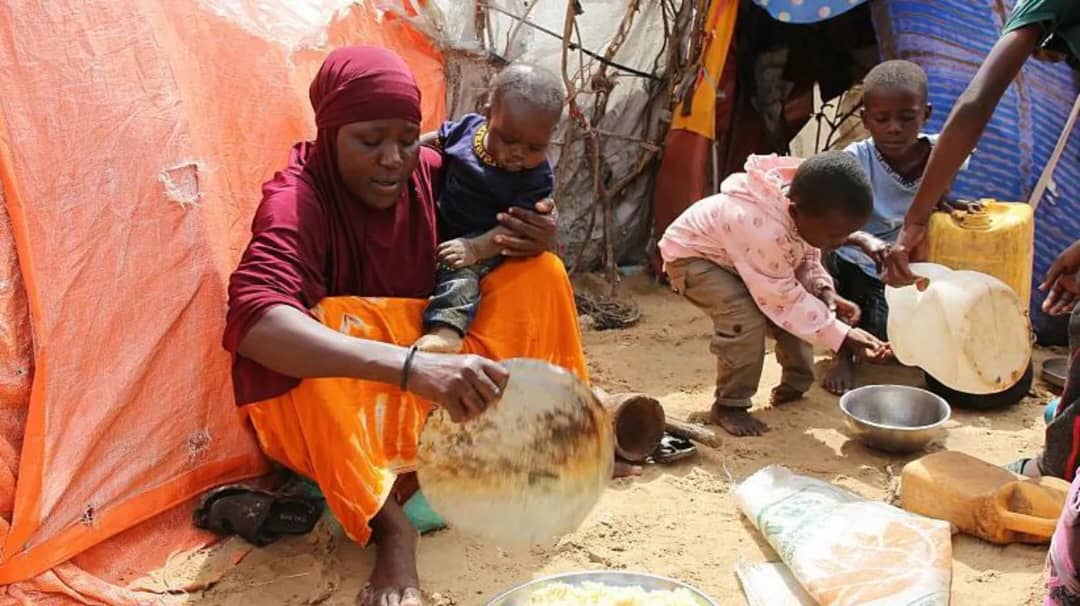
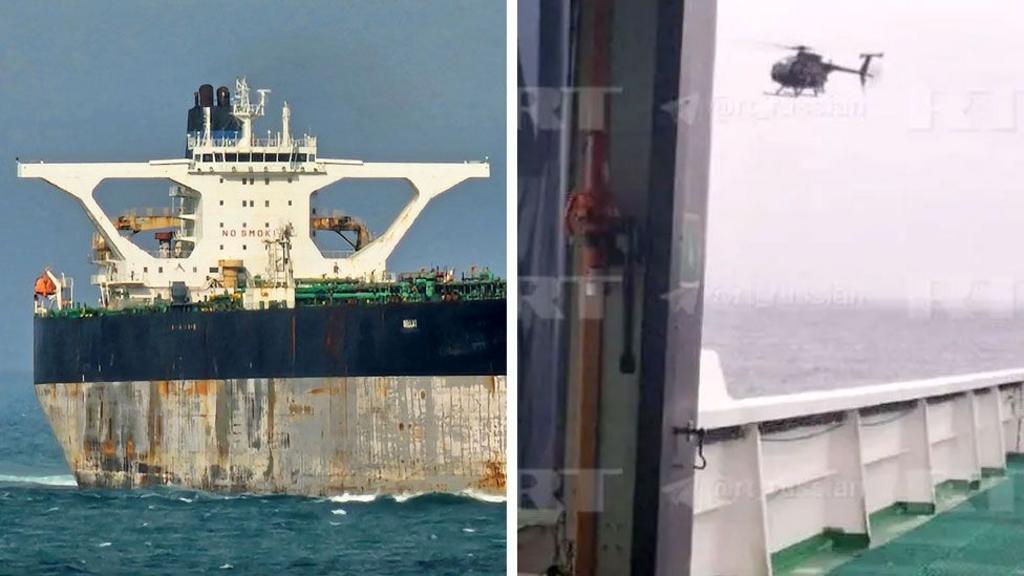
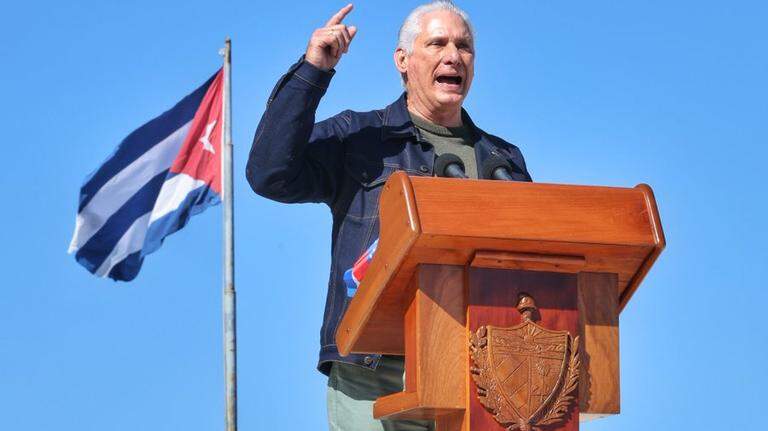



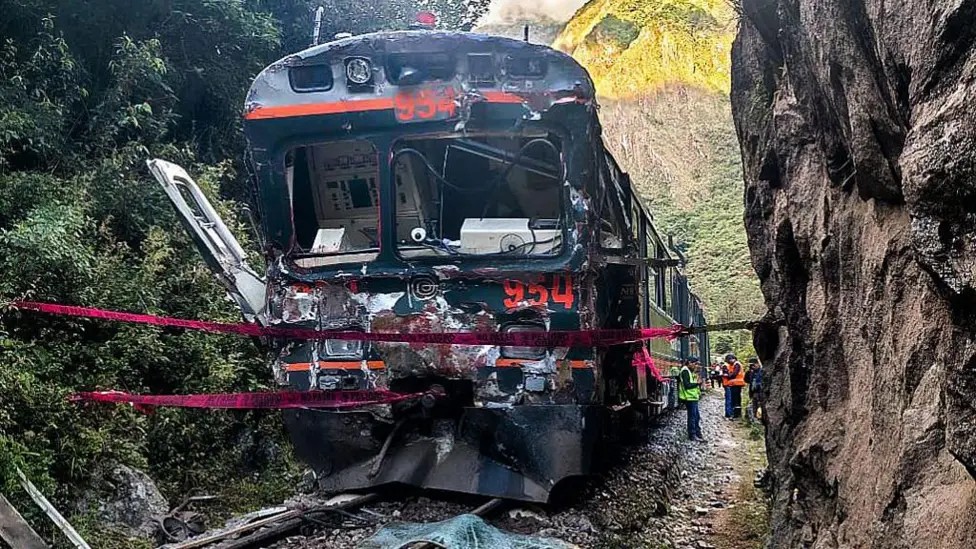



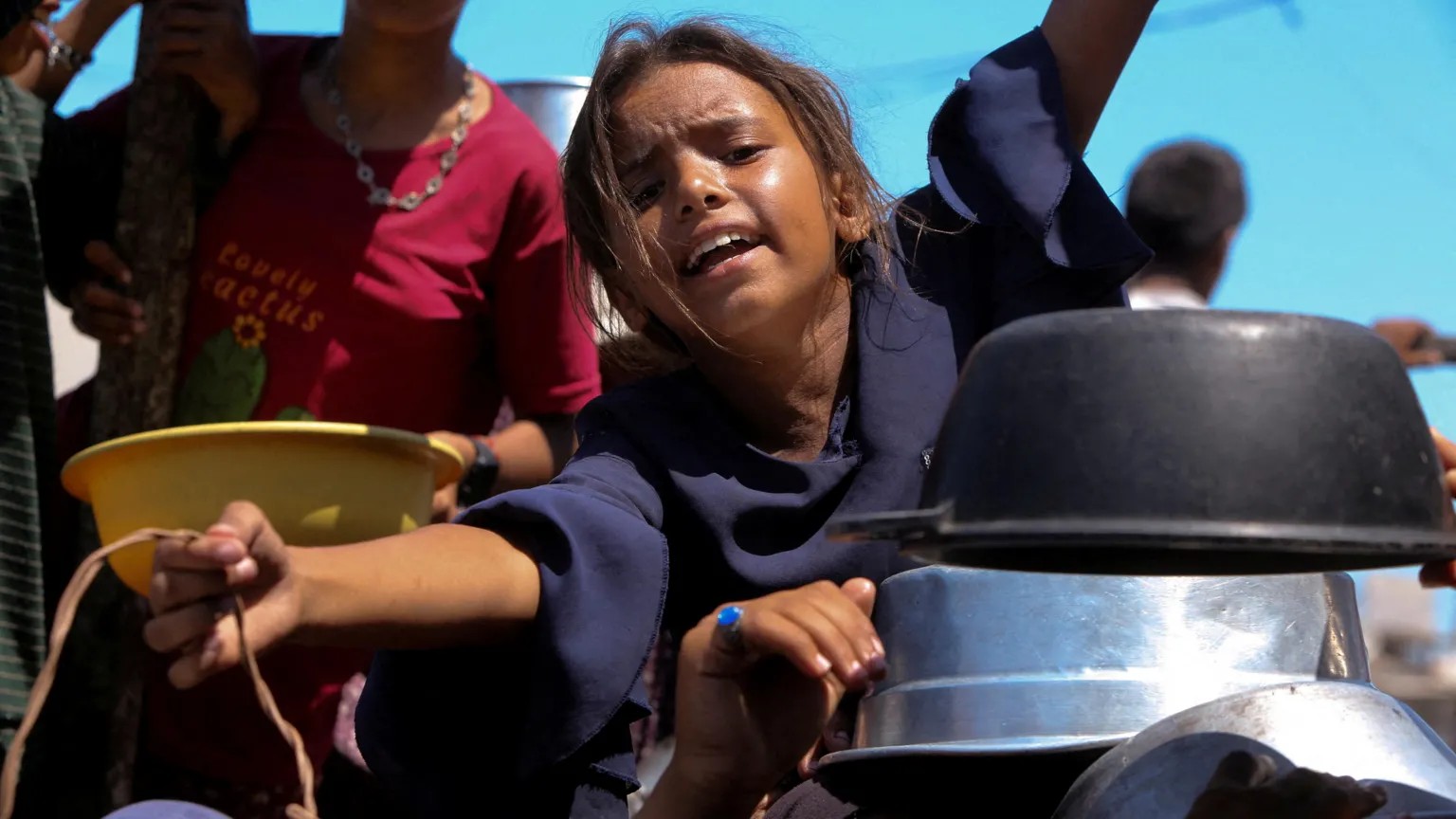


0 Comment(s)